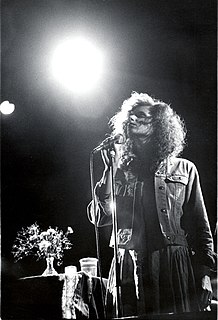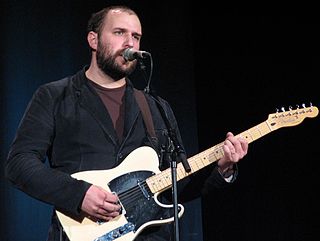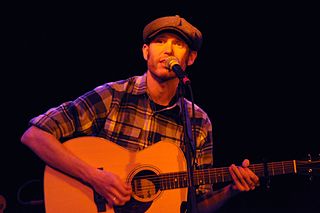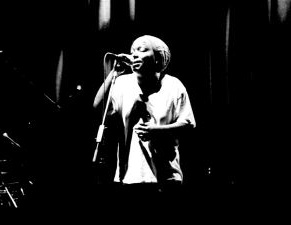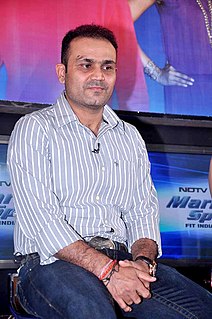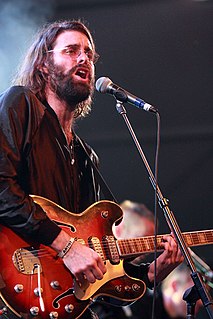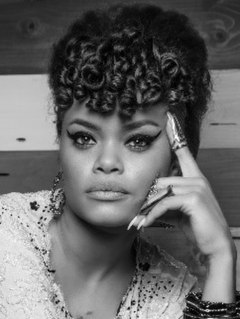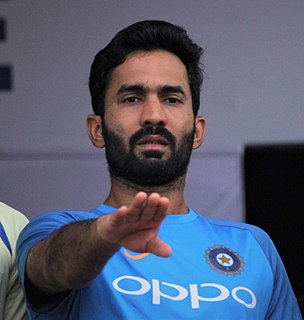A Quote by Harry Connick, Jr.
Sometimes you try a song and people don't respond, or you tell a story and you just hear crickets. But when you play thousands of shows, you start to refine stuff.
Related Quotes
Well, you know, when you're putting together a show, you've got to be careful not to load it up with the new stuff. We have to play the songs that people want to hear, too. People may come thinking, "Oh, I've just got to hear this song." Or maybe they'll write me a letter saying a certain song is really meaningful to them, so we'll be sure to play those songs.
The songs themselves sometimes have messages and people can read into them different ways, but I try to use concerts as a way to gather people and then have information there. I think that's important to find that balance, a way to be able to turn people on to things at the shows, but also just have it be an entertainment experience for people who just want to hear music and dance and don't want the extra stuff.
When writing I just go with the song. I go with the song and try to tell the story. So the story may be "Wonderful Baby", which is a little song. Or it might be a gentle song, "Empty Chairs". Or it might be a rock and roll song like "Prime Time" or "Run, Diana, Run", or "American Pie". I don't know where it's gonna go. I don't have any idea what I'm doing. I just do it. I just keep doing it. I keep taking adva
On past records I usually did start with a story or an idea for a song and then write around it, but on Achilles' Heel I would just start writing and try to let the song and my sub-conscience determine the direction. which is a goofy way of saying I tried not to decide before hand what the song and or the characters would do and be like.
I don't really have a set-in-stone process or formula. Sometimes the melody is there and I have to chase down the lyrics. Sometimes, the song is there and I have to make the melody fit. What I've learned so far about songwriting is that I can't force a song. If I try to do that, it's hollow, and people know a hollow song when they hear it. It's the song they stop listening to and forget about. I'd prefer not to write those kinds of songs.
My sister and I - she's a musician - we jam all the time. We always play around for giggles with stuff that seem unconventional or stuff that seems funny. A lot of the stuff sometimes is just a response from jam sessions in her room, so she'll be on the guitar or the keyboard, and we'll just start singing and doing stuff.
I try to maintain an even tempo in all the games. Sometimes you play well and sometimes you get out. When you get out, you feel it is a wrong shot. Most players in tough situations play shots that could be out, but over time you refine that and give yourself the best chance of performing, the more you play in such situations.
The Danger of a Single Story”, which has resonated with me immensely every time I read it. “Power is the ability not just to tell the story of another person, but to make it the definitive story of that person. The Palestinian poet Mourid Barghouti writes that if you want to dispossess a people, the simplest way to do it is to tell their story, and to start with, “secondly.

